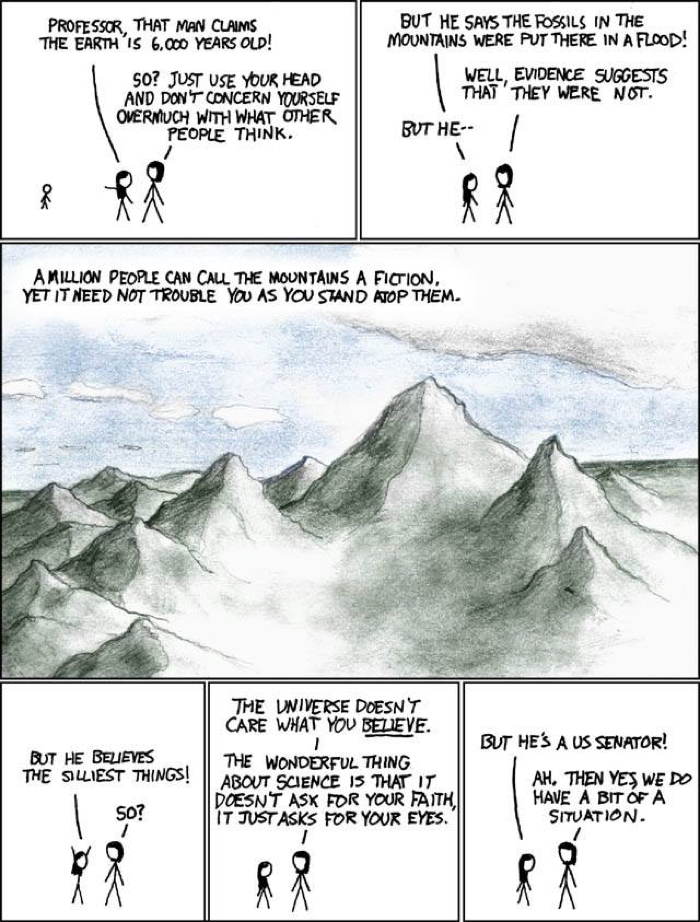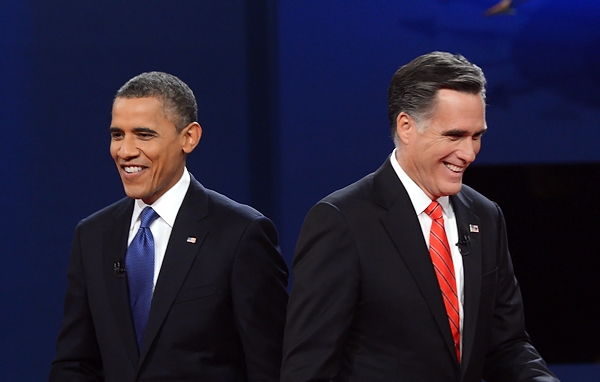The Psychology Of Nationalism

The Article: The Everyday Psychology of Nationalism by Monica Kim in The Atlantic.
The Text: It was a good old-fashioned Olympic scandal in Sochi, when South Korean figure skater Kim Yuna, known as “the Queen,” lost to a less experienced Russian. The judgment spurred millions of angry Tweets, and a Change.org petition protesting the result was the fastest growing one on site record—reportedly more than 1.2 million signatures in about 12 hours.
Skating officials and fans around the world have questioned the decision, but critics remain focused on the South Korean outrage, largely since their sports fanaticism has made headlines before. Diehard citizens of countries like South Korea may seem odd to some; a post on Yahoo had the misguided headline: “Deal with it, South Korea.” But that injunction doesn’t really understand the nature and depth of nationalist feeling—and the extent to which a sentiment often associated with extremism, even war, can be pervasive in the psychology of everyday life, including in sports fandom.
The ideology of nationalism has a complex history, originating in early-modern Europe and evolving in many different ways as it’s spread throughout the world. Today nationalism can be civic, ethnic, or a combination of the two, but all nationalists “carry strong attitudes and beliefs about their own people and about others, who feel their attachment to their nation passionately, and who even, at times, act with great cruelty against their enemies,” according to Joshua Searle-White in his book The Psychology of Nationalism. This “us versus them” mentality and its negative effects—pogroms, Nazism—have been well examined from a political and historical standpoint, but surprisingly few have studied its psychological roots. From a social psychological perspective, nationalist sentiment is thought to stem from two main points: attachment and identity.












